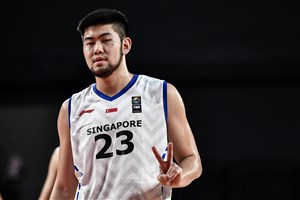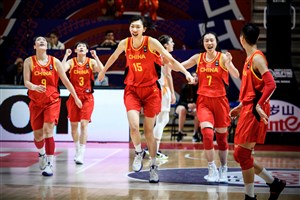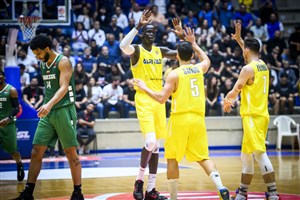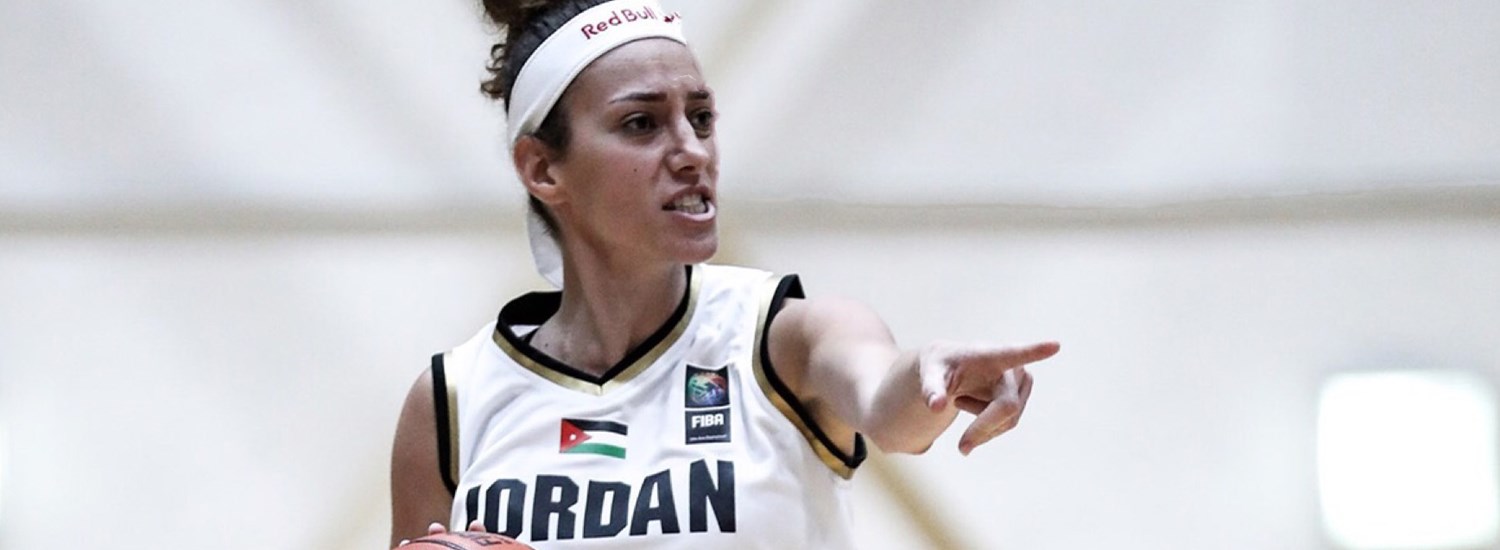
Rubi Habash, gem of Jordan women's basketball, has high hopes for the future
AMMAN (Jordan) - Rubi Habash is considered one of the best women’s basketball players in Jordan and among the best in Asia.
While she is also known as the wife of the Palestine national team captain Sani Sakakini and the face of a famous energy drink in West Asia, that shouldn’t overshadow the fact that Rubi is a flat out baller. As a combo guard, she’s achieved many accolades both personally and collectively in various competitions. From winning multiple local league titles to MVPs to representing the country in West Asian and Arab club competitions, Rubi’s track record speaks volume on just how good she is.
“I feel proud to be a Jordanian athlete and to represent my country in various platforms,” she said. “To present and reflect an honorable and bright imagery of Jordanian women's basketball, I hope to contribute to developing the game at the local level in order to reach the regional competitions.”
Playing in the Women’s Asia Cup is a dream that continues to entice Habash. Jordan has played in the Women’s Asia Cup only once - in 1995 - but were hopeful to begin making their way back last year.
“We gathered last summer in hopes of participating in the Women’s Asia Cup - Division B - but the tournament didn’t fall through for various reasons. We, as players, were waiting for this competition and the cancellation affected the level of interest and passion for the game in our country.”
To get the chance to compete in the Women’s Asia Cup is not just a matter of personal glory for Habash, it’s for the sake of Jordan basketball as a whole.
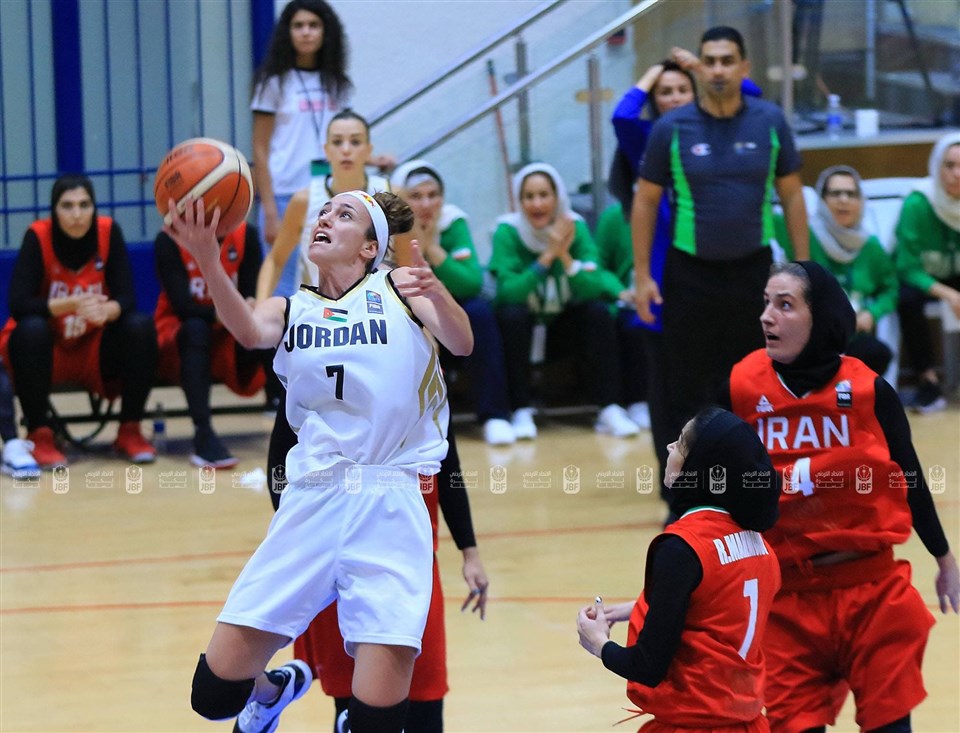
"If we want to develop women's basketball in Jordan, it is necessary to move to the regional level and raise the ceiling of the challenge in order to inspire the next generation with the need to work diligently in order to reach the desired goals."
Aside from playing at the biggest stage for women’s basketball in Asia, Habash also emphasized the importance of self-marketing from the players. It is an area that she has focused on doing by herself which has resulted in relative success. As the brand of each player grows, it will be easier to communicate the importance of the game in general.
“I have succeeded in signing with one of the most prominent energy drinks companies in the world, thanks to my extensive marketing, especially on social networks by posting many shots and photos and the presence of a large number of followers.”
“My goal was to shine more light on women's basketball in Jordan in spite of the lack of media interest in this period of time, and not only self-marketing. I also created a page for the women's team in the Orthodox club on Facebook when I was a player on the team,” said Habash, who is now a player of Orthodox rivals Fuheis since 2015. “I used to post a number of televised video clips, in addition to the game results and pictures.”
Having stated what she believes women’s basketball in Jordan needs to do to improve, Habash also expressed how impressed she was by how far they have already come.
“The local competitions have evolved greatly in the recent years, thanks to the changes that have taken place in the level of competition and the introduction of foreign players and media interest of all kinds, in addition to the play of each team in their home venues and its remarkable impact on the public attendance.”
“I will continue paying attention to the next generation of female athletes and to preserve previous advancements by holding tournaments for all age groups on an ongoing basis, in addition to approaching schools and creating a competitive atmosphere at an early age, with the hope that Jordanian women's basketball will be among the top of Asia in the future."

